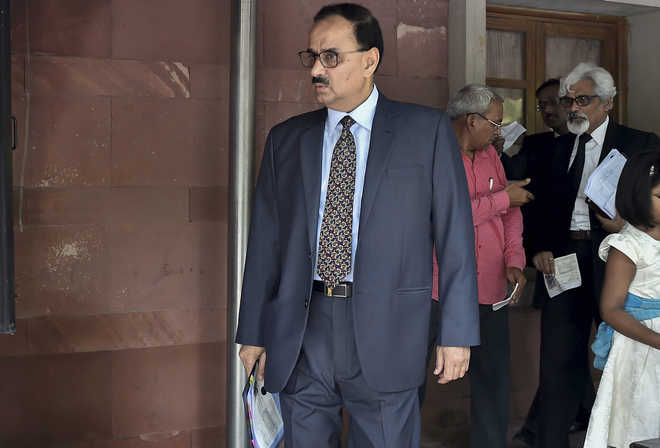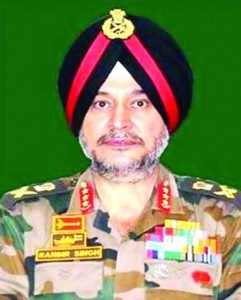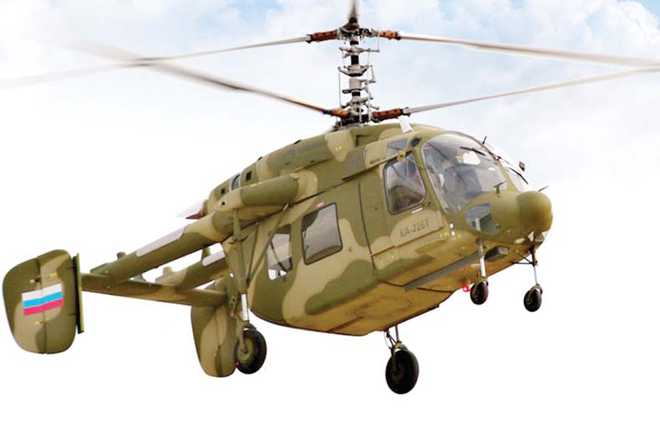If one has to go by Imran Khan’s statements, after the establishment of his near certain future status as prime minister of Pakistan, most analysts in India would dismiss them as platitudes. We have heard much of these before, but not to be missed is the fact that early enough, Imran has expressed some concerns on Jammu and Kashmir. If these had been about alluding to potential peace and measures he would take towards promoting it, they may have probably reverberated quite positively in India. But what he spoke could be considered as stepping on Indian toes rather early. To have a measure of what may lie in store for the situation in Jammu and Kashmir in the future, we need to briefly delve into trends of the immediate past.
Imran Khan’s first speech was on 26 July 2018, coincidentally the anniversary of India’s victory over the Pakistan Army at the Kargil heights, an event which had completely fractured even the remnants of trust between the two countries. Over the last 19 years, Pakistan has given India little reason to restore any trust. Attempts by its political leadership to mend fences have invariably been scuttled by the all-pervading presence of the Pakistan Army. So that’s two elements that play a role in the India-Pakistan relationship with specific reference to Jammu and Kashmir – the Pakistan Army and the trust deficit. The third is the idea that by promoting calibrated violence in Jammu and Kashmir and sponsoring separatism, Pakistan can keep India on the back foot; the subset of this is an international campaign to paint India red on the issue of human rights in Jammu and Kashmir in an attempt to keep the issue alive in the eyes of the international community.

So is there anything Imran Khan is likely to do to dilute these issues? His election (if considered free and fair) cannot escape the stigma of the army’s support; if not by direct intervention, then at least, the deep influence it ensured through coercion of other parties. To build that partnership with the Pakistan Army, Imran Khan had to undergo a serious makeover from the international playboy image to one of a radical Islamist, fetching him titles such as Taliban Khan and Jihadi Khan. The promotion of Islamism (a euphemism for Islamic radicalism) has long been the Pakistan Army’s strategy to fight in Jammu and Kashmir through proxy using the jihadi route. It went wrong when some jihadis started to target Pakistan itself, but that has been largely corrected through hard internal security operations, against the so called ‘unfriendly jihadis’, where human rights were the last consideration. With all this, is there any likelihood that Imran Khan will go against the interests of the Pakistan Army which wishes to perpetuate its hold over Pakistan’s foreign and security policy and still retains another strain of radicals – ‘friendly jihadis’, to execute that.
Of course, it is not as if the arrival of Imran Khan is going to immediately lead to a drastic increase in attempts at enhancement of levels of violence at the LoC or the hinterland. However, an indicator that he continues to believe in Kashmiri separatism and will work towards that end is likely to give encouragement to elements in Kashmir to increase their pace of activities and work counter to our efforts to mainstream Kashmir’s society. The common thread still remains the Pakistan Army, which essentially orchestrated the rise of Imran Khan because the other mainstream parties got bolder as they experienced power for a longer duration. So, unless Imran can break out of the shackles of the Pakistan Army early enough, nothing is going to change as far as Pakistan’s India policy and specifically the Jammu and Kashmir policy is concerned.
Are there any chinks in this strategy, or the conditions which support it? Possibly three, with very slim openings. First are the strictures that the Financial Action Task Force (FATF) has placed on Pakistan just a few weeks before the election while grey listing it. Pakistan is required to showcase measures it has undertaken to reduce or eliminate the financial networks for the support to terror links. It is well understood that its economy is now approaching a situation where a bailout may be necessary by international financial institutions; a bailout effort would be linked to the FATF strictures. It will therefore need to get more serious about displaying its intent of reining in all sponsored terror elements that it controls while targeting India and Afghanistan. However, much will depend upon India’s ability to network and dilute the large international support groups that Pakistan has been able to get on its side through constant lobbying over many years. It is through these networks that Pakistan has always escaped more serious targeting and sanctions from the international community.
The second slim opening is with relation to China, which has warmly welcomed the election of Imran Khan. China has invested a substantial amount of money in the China Pakistan Economic Corridor (CPEC) in the hope that its efforts to reach the Indian Ocean through a safe and stable corridor will eventually fructify. That vision does not appear to be in the process of realisation, given Pakistan’s restive internal security situation. With a reset underway as far as Sino-Indian relations are concerned, China could be the one entity which could exercise greater influence towards a corresponding reset in India-Pakistan relations. It is unlikely to happen through an initiative from within Pakistan and will have to be externally driven with many nudges and pushes.

An economic collapse of Pakistan is the last thing China would wish to see, and to that end, it could play an important role to make the Pakistan leadership see the light as far as the positives of co-operation with India are concerned. This is unlikely to happen in a hurry as Pakistan’s India policy is too deeply embedded and linked to the interests of the Pakistan Army.
The third one is a shot in the dark. The more virulently anti-India jihadi elements that made attempts at political mainstreaming have not succeeded. Can this change their relationship with the Pakistan deep state? Perhaps just placing them in cold storage could be an option for Pakistan, which will also meet its needs for projecting a straighter face to the FATF. Weeding them out at this stage will be risky and unlikely to be palatable to a new government. That could at best be a temporary reprieve.
With some emerging order in Jammu and Kashmir with Governor’s rule, the Pakistan deep state could well opt for attempts to calibrate the situation to an upward spiral of violence both at the LoC and the hinterland while blaming India squarely, a game it is adept at. That would quite easily scuttle any fresh ideas that Imran Khan may have and get him more aligned with the Army’s strategy.
The author is a retired lieutenant general and former general officer commanding 15 and 21 Corps

















 Jammu
Jammu

























































